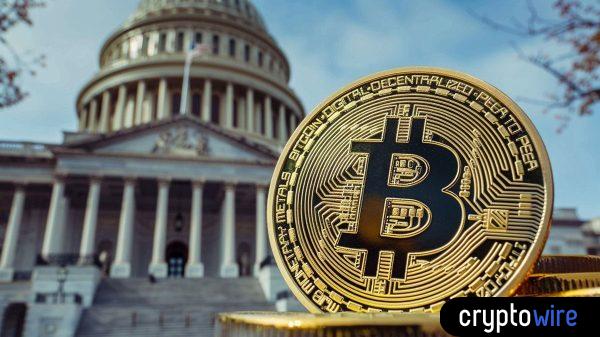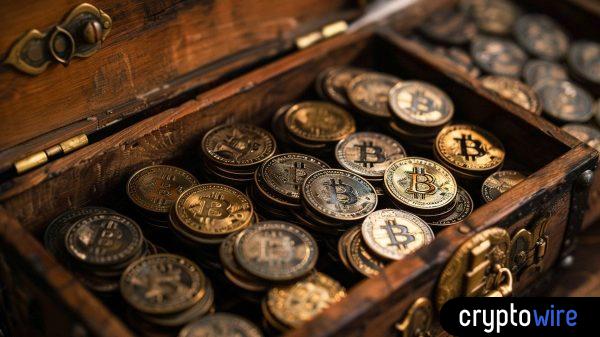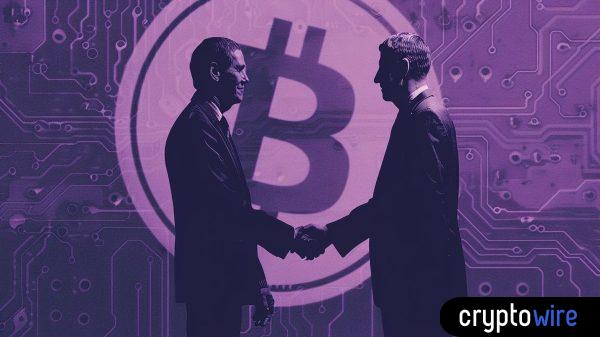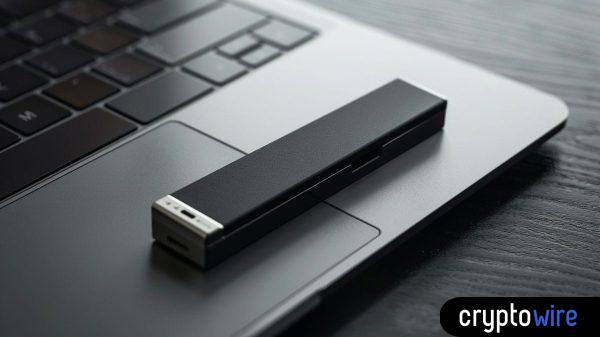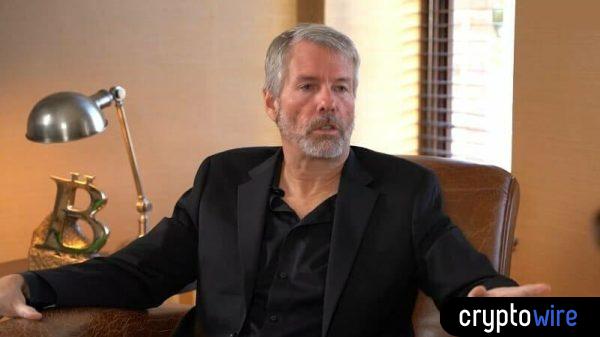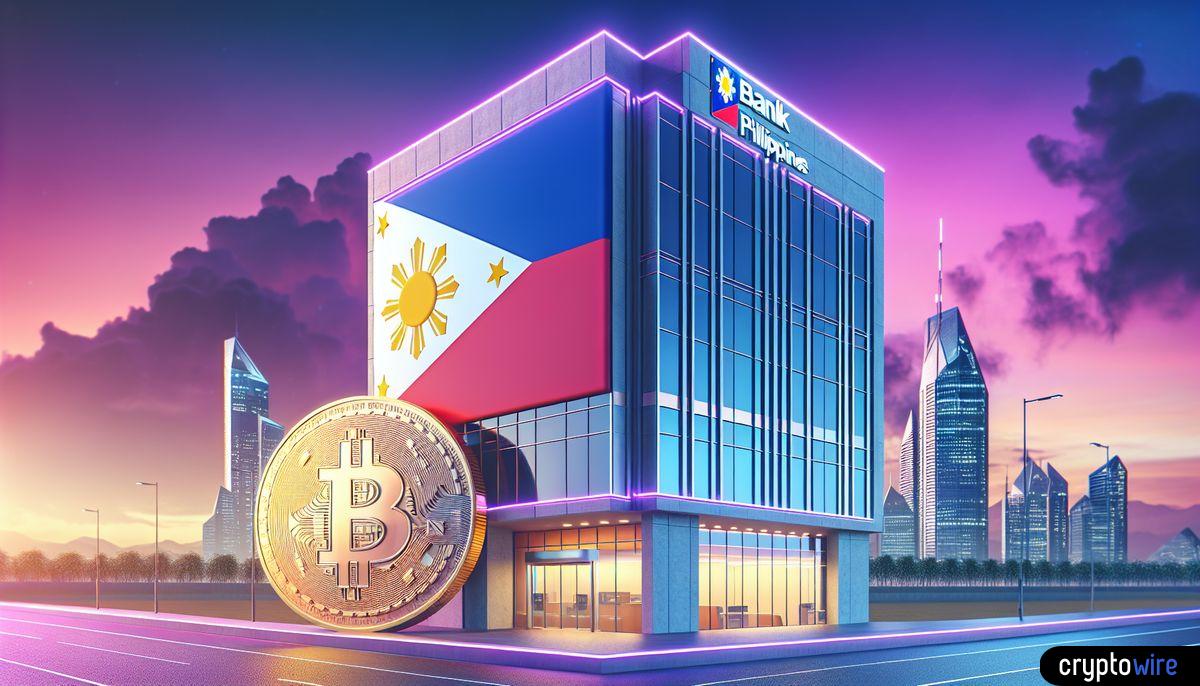The central bank of the Philippines (BSP) is making significant strides in the realm of Central Bank Digital Currency (CBDC) development. In a recent local press report, Mamerto Tangonan, the Deputy Governor for Payments and Currency Management at BSP, revealed that the institution is on track to finalize a CBDC pilot by the end of the year. This initiative marks a pivotal moment for the Philippines’ financial landscape, as it delves into the realm of digital currency innovation.
Tangonan emphasized the importance of the pilot as a “learning exercise” aimed at evaluating the efficacy and potential of CBDC technology. He highlighted the participation of six major domestic financial institutions in the pilot program, including BDO Unibank Inc., China Banking Corp., Land Bank of the Philippines, Rizal Commercial Banking Corporation, Union Bank of the Philippines, and Maya Philippines Inc.
The primary focus of the pilot project is to facilitate fund transfers among these financial institutions. However, Tangonan also expressed aspirations for utilizing wholesale CBDC for more sophisticated services such as securities settlement. This vision aligns with BSP’s broader goal of democratizing access to securities and investment instruments, enabling individuals from all walks of life to engage in financial activities previously reserved for a select few.
In a recent interview, BSP Governor Eli Remolona shed light on the specifics of the CBDC project. He clarified that the CBDC would operate on a private payment and settlement system owned by the bank, rather than a blockchain network. Furthermore, he outlined the nature of the CBDC as a wholesale currency, limiting its availability to licensed intermediaries for wholesale transactions. This strategic approach aims to complement existing cash systems while mitigating potential risks associated with retail CBDCs.
Meanwhile, regulatory developments in the Philippines have seen the National Telecommunications Commission (NTC) taking action against unlicensed crypto platforms, in line with directives from the Securities and Exchange Commission. While Binance currently remains accessible, there are indications that regulatory measures may lead to its eventual blocking in the country. These actions reflect the cautious approach taken by Philippine authorities towards crypto assets, balancing technological advancements with regulatory oversight.
Looking ahead, the Philippines continues to explore innovative financial solutions, with initiatives such as tokenized Treasury bonds on the horizon. The country’s evolving stance on crypto assets underscores a delicate balance between embracing technological advancements and ensuring regulatory compliance in a rapidly changing financial landscape.
Ian is a cryptocurrency enthusiast blending humor with professionalism. With an engineering background and a storyteller's heart, he simplifies the blockchain world with sharp analysis and a touch of wit. At Cryptowire, he brings his unique perspective to make digital financial innovation accessible to all.



